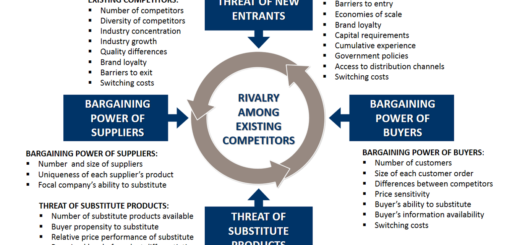Financial Benefit
Financial benefits refer to the various monetary rewards or incentives that employers offer to employees as part of their overall compensation package. Financial benefits can include a wide range of options, such as base pay, bonuses, commissions, profit sharing, stock options, retirement plans, and insurance benefits.
Financial benefits are an important component of an employee’s total compensation package, and can help to attract, retain, and motivate employees. By offering competitive financial benefits, employers can create a more attractive and appealing workplace, while also demonstrating their commitment to supporting their employees.
There are several different types of financial benefits that employers may offer to employees, including:
- Base pay: Base pay is the amount of money that an employee receives in exchange for their work. This can be in the form of a salary or hourly wage.
- Bonuses: Bonuses are typically one-time payments made to employees as a reward for their performance, contributions, or achievements.
- Commissions: Commissions are a form of incentive pay that are based on the sales or revenue that an employee generates.
- Profit sharing: Profit sharing programs allow employees to share in the profits of the company, typically through a percentage-based bonus.
- Stock options: Stock options give employees the right to purchase company stock at a predetermined price, providing the potential for financial gain if the stock price increases.
- Retirement plans: Retirement plans, such as 401(k) plans or pensions, help employees save for their future and provide financial security during retirement.
- Insurance benefits: Insurance benefits, such as health insurance or life insurance, can provide financial protection and security for employees and their families.
Overall, financial benefits are an important way for employers to support and reward their employees, while also helping to attract and retain top talent in a competitive job market.





Excellent beat ! I wish to apprentice whilst you amend your site, how could i subscribe for a blog website? The account aided me a appropriate deal. I have been tiny bit familiar of this your broadcast provided brilliant transparent concept